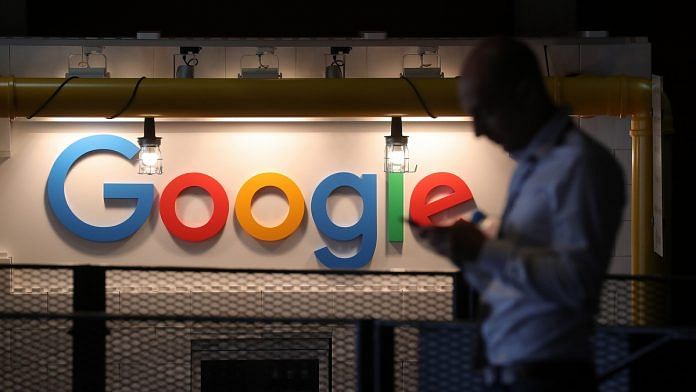Sydney: Australia’s government has ordered Facebook Inc. and Alphabet Inc.’s Google to share revenue generated from news articles, adding to growing global regulatory and political pushback against the digital giants.
The two companies will have to negotiate with traditional media on remuneration in good faith, Treasurer Josh Frydenberg said Friday. If no agreement is reached, there will be a binding arbitration process and penalties for breaching the code of up to A$10 million ($7 million) or 10% of local revenue.
The move aims to correct what the government says is a power imbalance between two of the world’s most profitable companies and a local media industry that’s bleeding jobs as it loses advertising revenue to digital platforms. It follows measures elsewhere in the world, including in France where antitrust regulator in April ordered Google to pay media companies to display snippets of articles.
“This is not about protecting Australian news media businesses from competition or from disruption that is occurring across the sector,” Frydenberg said “What we have sought to do is create a level playing field.”
Google said it was “deeply disappointed” by the government’s “heavy-handed intervention” that threatened Australia’s digital economy. Facebook said it was reviewing the draft code “to understand the impact it will have on the industry, our services and our investment in the news ecosystem in Australia.”
Traditional media firms have long complained their content is being exploited by digital platforms without due compensation. As newspapers and broadcasters hemorrhage jobs, their complaints have garnered more political support.
Regulators in other jurisdictions — as well as investors — are watching closely to see how the code works in practice. Should watchdogs in other markets follow Australia, it would chip away at two of the most wildly successful business models of the 21st century, built largely on content free-for-alls.
The draft code, which is open to consultation until Aug. 28 before being legislated later this year, will initially only apply to Google and Facebook but could be extended to other digital companies in the future. Smaller businesses, like regional and rural newspapers, will be allowed to collectively bargain with digital platforms.
Google and Facebook would be required to give 28 days’ notice of algorithm changes likely to impact traffic or the ranking of news behind paywalls. The platforms must also give media firms clear information about the data they collect through users’ interactions with news, including how long they spend on an article and how many articles they view in a certain time period.
“There is a fundamental bargaining power imbalance between news media businesses and the major digital platforms,” Rod Sims, the chairman of the Australian Competition and Consumer Commission which drafted the code, said in a statement. “We wanted a model that would address this bargaining power imbalance and result in fair payment for content, which avoided unproductive and drawn-out negotiations, and wouldn’t reduce the availability of Australian news on Google and Facebook.”
Mel Silva, Google’s managing director for Australia and New Zealand, said the code “discounts the already significant value Google provides to news publishers across the board, including sending billions of clicks to Australian news publishers for free every year.”
“It sends a concerning message to businesses and investors that the Australian Government will intervene instead of letting the market work, and undermines Australia’s ambition to become a leading digital economy by 2030,” Silva said.-Bloomberg
Also read: Hackers phoned Twitter employees to carry out one of the platform’s biggest security breaches



